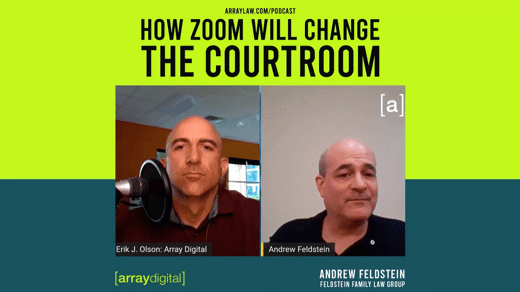Hello, my name is Anna Troitschanski and I am a lawyer with the Feldstein Family Law Group.
One thing that people seldom think about when they meet with family law lawyers is limitation periods or how long they have until their ability to pursue a claim under family law runs up. This is especially the case regarding property and equalization claims. Different rules apply to married couples and common law couples. Separating parties often do not appreciate that property and equalization claims have to be dealt with within a certain period of time to ensure that neither party’s rights or entitlements are not significantly prejudiced or lost altogether.
For married couples, the law with respect to limitation periods is very clear as it pertains to equalization:
A legal claim or defence may be prejudiced or lost entirely if either or both parties do not take appropriate steps within certain time periods prescribed by law.
In particular, s.7 (3) of the Family Law Act sets out limitation periods that apply to equalization claims. Any claim to an equalization of net family property under the Family Law Act will be barred by the passage of time if court proceedings are not commenced within six (6) years of the separation, within two (2) years after a divorce has been ordered, or within six (6) months after the first spouse’s death, whichever of these timeframes comes sooner.
For beneficial interest claims (such as a resulting or constructive trust), the limitation period is different whereby a claim must be brought within two years for non-real property, such as pensions, savings, and RRSP’s and 10 years for real property such as real estate.
Although, married couple shall be cognizant of the limitation periods for both equalization and beneficial interests as both types of claims may be useful in their litigation matter, common law partners are only able to rely on beneficial interests claims.
As detailed in other blogs, common law partnerships do not give rise to the same property rights and entitlements as a marriage. In a common law relationship, if just one partner owns an asset, that partner is recognized to have entitlement to that asset. However, if the other partner contributed to the asset which is solely owned by his or her partner, the non-title holding spouse may be entitled to a share of that property based on beneficial interest claim.
We advise our clients, whether married or common law spouses, that if they have a claim for property or equalization payments, it is a good idea to act on that claim sooner rather than later.
If you would like to learn more about this or any other family law topics, visit our website at www.separation.ca. If you need legal advice about your own situation, please call us at 905-581-7222 to schedule a free initial in-office consultation. Thanks for watching.



